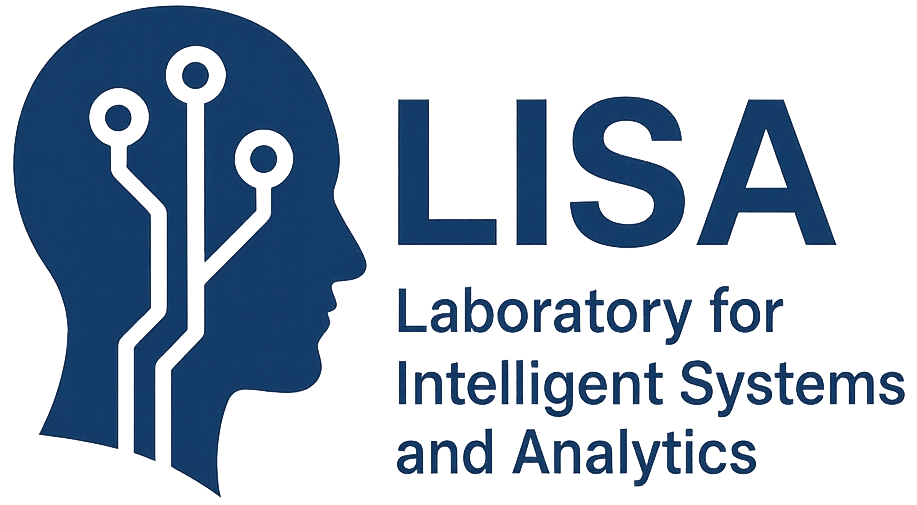
Laboratory for Intelligent Systems and Analytics
The Harold and Inge Marcus Department of Industrial and Manufacturing Engineering

The Harold and Inge Marcus Department of Industrial and Manufacturing Engineering
The Laboratory for Intelligent Systems and Analytics (LISA) has been an integral part of the Harold and Inge Marcus Department of Industrial and Manufacturing Engineering at Penn State over the years.
Originally founded as a research laboratory focused on intelligent systems, LISA has grown to be an interdisciplinary laboratory that spans many academic departments. The lab brings together researchers from various disciplines to tackle complex problems through innovative approaches.
The LISA lab is located in 233 Leonhard Building at Penn State University Park Campus, providing a collaborative environment for faculty, researchers, and students.
Our mission is to advance the state-of-the-art in intelligent systems and analytics through cutting-edge research, education, and industry collaboration. We aim to develop innovative solutions to complex problems in manufacturing, healthcare, and other domains using artificial intelligence, machine learning, and complex systems analysis.
At LISA, we believe in the power of interdisciplinary research to solve complex real-world problems. Our approach combines theoretical foundations with practical applications, leveraging expertise from various domains including industrial engineering, computer science, data science, and domain-specific knowledge.
We are committed to developing methods and tools that not only advance academic knowledge but also create tangible impact in industry and society. Through our research, we aim to bridge the gap between theory and practice, creating solutions that address real-world challenges.
Our lab focuses on several key research objectives that drive our work
Developing advanced techniques for processing and analyzing sensor data from complex systems.
Investigating the behavior and dynamics of nonlinear complex systems using mathematical and computational approaches.
Applying AI and ML techniques to solve real-world problems in manufacturing and healthcare domains.
Developing frameworks and methodologies for implementing AI and ML solutions in smart manufacturing environments.
Analyzing healthcare data to improve patient outcomes, optimize operations, and support clinical decision-making.
Developing methods for analyzing and enhancing supply chain resilience in real-time to mitigate disruptions.
In addition to research, we are committed to education and training the next generation of researchers.
Foster collaborative environments where students and faculty exchange ideas and insights.
Encourage innovation and intellectual curiosity through hands-on research.
Promote meaningful professional and social relationships within the graduate community.
Support interdisciplinary learning through collaboration with other labs and institutions.
Strengthen students’ communication skills for presentations, writing, and funding proposals.